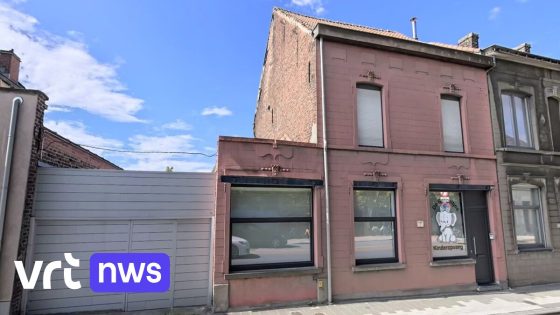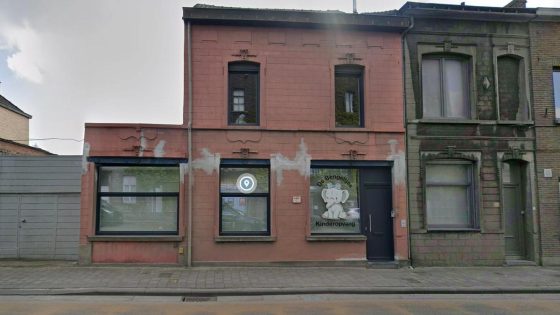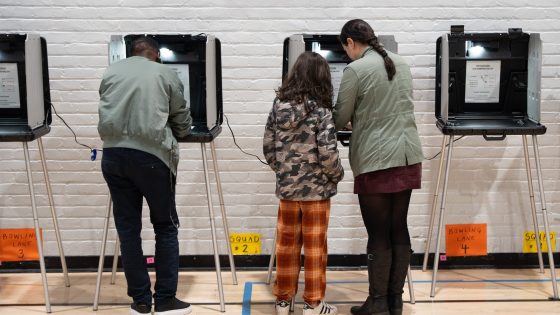The recent turmoil within Open VLD has captured significant attention in Belgian politics. The party’s internal struggles, culminating in Eva De Bleeker’s resignation as chairperson on 2025-08-23 12:36:00, highlight deeper tensions that have long simmered beneath the surface. How did a party once seen as a liberal stronghold find itself in such disarray?
- Open VLD faces internal conflict and turmoil
- De Bleeker unable to stop party decline
- Leadership hampered by chaos and poor polling
- New successor emerges without name issues
- Eva De Bleeker praised for courageous resignation
Reports reveal that De Bleeker’s leadership was undermined by factionalism and a lack of clear direction, with some insiders actively working against her efforts. This raises the question: can Open VLD rebuild trust and unity ahead of upcoming elections? The political landscape in Belgium demands clarity and cohesion from its parties, and Open VLD’s recent chaos has left voters uncertain.
As the party looks for new leadership, attention shifts to the potential successors and the strategies they will pursue to restore confidence. What lessons can Open VLD learn from this episode to avoid repeating the same mistakes?
Why did De Bleeker’s tenure unravel so quickly? The situation suggests several underlying issues:
- Internal power struggles weakened the chair’s authority.
- Absence of a unified vision left the party directionless.
- Negative polling reflected voter dissatisfaction with leadership.
- Some members actively sabotaged efforts to stabilize the party.
Looking ahead, Open VLD must prioritize rebuilding internal cohesion and presenting a clear agenda. Belgian citizens and political observers alike will be watching closely to see if the party can regain its footing and contribute effectively to the country’s governance.































